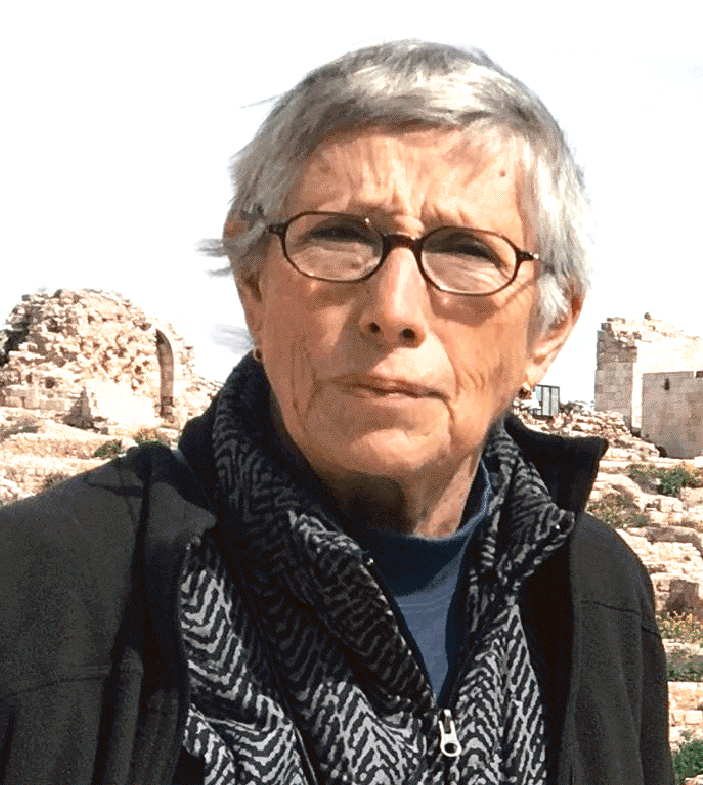The suicide bomber who slew two South Korean tourists and the Egyptian driver of their bus last Sunday was dispatched by Ansar Beit Al Maqdis, the radical jihadist group operating in the northern Sinai, which is now expanding its reach into Egypt “proper” and southern Sinai where tourists continue to flock.
The group is also threatening economic war on the Egyptian government, shifting from a campaign of targeting police and army installations to tourism.
Ansar has warned tourists to stay away from Egypt.
Egyptians are concerned that the jihadists have returned to such “soft targets” because they are easier to hit and more profitable on the public relations front than attacks on military or police installations, or public figures.
Between 2004-06, more than 140 civilians, the majority tourists, died in blasts in Taba, Dahab and Sharm El Sheikh — all sites in southern Sinai.
While it took the Mubarak government years to suppress the jihadists in Sinai and elsewhere, the authorities did nothing to address the grievances of the Sinai bedouins who were involved in the violence.
After president Hosni Mubarak was ousted in 2011, the army again tried to contain jihadism without dealing with its causes.
In 2012, the jihadists received injections of arms and recruits from revolutionary Libya.
The Muslim brotherhood, Gamaa Al Islamiya and other fundamentalist organisations condemned the latest attack. But the brotherhood, now outlawed, can be held responsible for creating the climate of contestation and insecurity that has led to the escalation of jihadist strikes and the shift in tactics.
While jihadist operations continued at a low level during the presidency of the brotherhood’s man, Mohamed Morsi, Ahram Online has shown how they multiplied after he was overthrown on July 3 last year.
The first took place two days after his removal by the army at the insistence of millions of demonstrating Egyptians. During this attack, five army and police officers were shot dead in Al Arish, the north Sinai hub of jihadist activity since 2011.
This attack was followed by the bombing, on July 24, of Mansoura’s security headquarters, and killed a police recruit and wounded 25. This was the first use of a bomb. Earlier attacks involved shooting and kidnapping.
On August 14, following the dispersal of brotherhood encampments in Cairo that left 900 dead, jihadists fired rocket-propelled grenades at the police station in Kerdasa, in Giza governorate, killing 14 officers. Last week the trial opened of 143 defendants in the case; 45 took flight.
On August 19, 25 police conscripts were slain in an attack on two buses near Rafah, in Sinai. This was followed by a September 5 attempt by a suicide bomber on Egypt’s Interior Minister Mohammad Ibrahim.
Ahram Online lists other 10 major attacks involving car bombs, suicide bombers, missiles and shootings, but does not include dozens of smaller violent events.
The brotherhood has fostered unrest and jihadist attacks by refusing to accept Morsi’s ouster and detention. Since this happened, brotherhood supporters have staged hundreds of protests calling for his reinstatement.
Demonstrators have dwindled in numbers while the military-backed interim government has implemented the roadmap for the transition agreed by opposition figures after Morsi’s removal.
The new constitution has been ratified and once a new electoral law is in place, a presidential poll will be held, with a parliamentary election to follow.
Brotherhood street protests appear to have subsided after the adoption of a tough law against unlicensed demonstrations in November. This law has also prompted a crackdown on the very secular activists who steered the 2011 uprising.
Leading international figures have castigated the interim government and army for taking action against secular critics.
The brotherhood’s disruptive campaign to reinstate Morsi backfired because the movement had already lost the support of millions of Egyptians, disillusioned with it due to Morsi’s failure to deliver on simple pledges to voters, including garbage collection and traffic control.
The brotherhood made many promises and honoured none, several Egyptians told this correspondent.
Morsi’s lacklustre presidency and the protracted protests also split the brotherhood between the hardline older generation and youngsters seeking compromise. Nearly the entire senior leadership is now in prison awaiting or under trial.
Discouraged and disillusioned, younger members have given up politics or defected to other fundamentalist groups like Gamaa Al Islamiya, the Salafist Call (the Nour Party) or Strong Egypt headed by Abdel Moneim Aboul Fattouh who declared his intention to stand for president, then pulled out of the coming race.
The Egyptian Current Party, formed shortly after the uprising in 2011, was an effort by liberal young brotherhood members to counterbalance the old men in the movement’s Guidance Bureau, but the party did not attract a large number of members and appears to have faded from the scene.
Like the brotherhood, the Sinai jihadists, who never enjoyed public support in Egypt, are destined to lose their struggle for a latter-day Islamic caliphate or Islamic state, as defined by certain clerics.
Jihadist bombs and bullets have already alienated the populace. Egyptians do not want more disturbance and violence. This is why the army chief, Abdel Fattah Al Sisi, has become the choice of millions for the presidency. People believe he will tackle the jihadists as he has the brotherhood.
By striking at tourism, Ansar Beit Al Maqdis has angered many Egyptians and threatened the jobs of hundreds of thousands who work in travel agencies, restaurants and hotels, and have jobs as bus drivers, tour guides and vendors of souvenirs.
Egypt’s tragedy is that the constant protests that followed the uprising, first against the military government headed by Field Marshal Mohammad Hussein Tantawi, then against the brotherhood, have eroded many of the gains made by the uprising/revolution: freedom to speak out, publish, demonstrate and form political parties.
Most Egyptians no longer regard these liberties as essential if the price is prolonged upheaval and instability.
